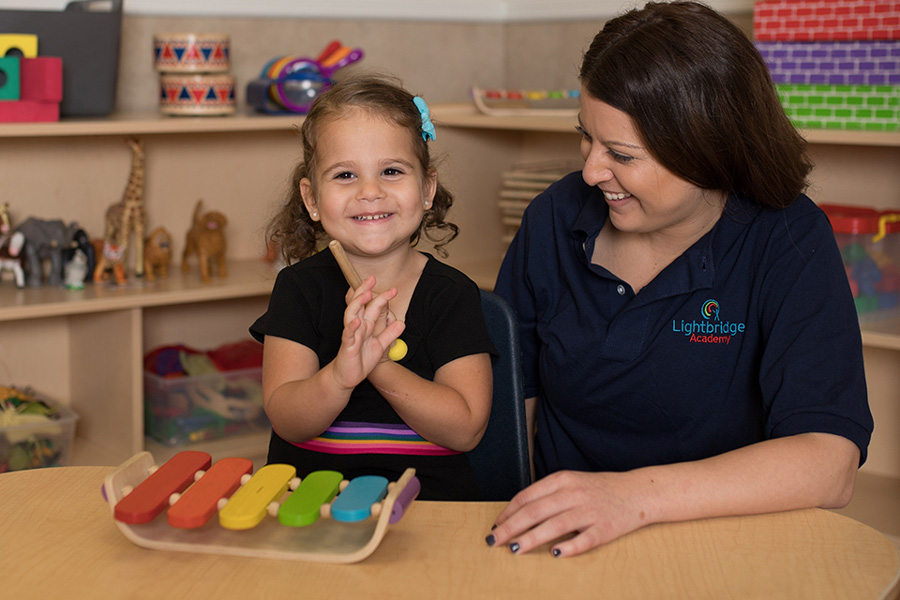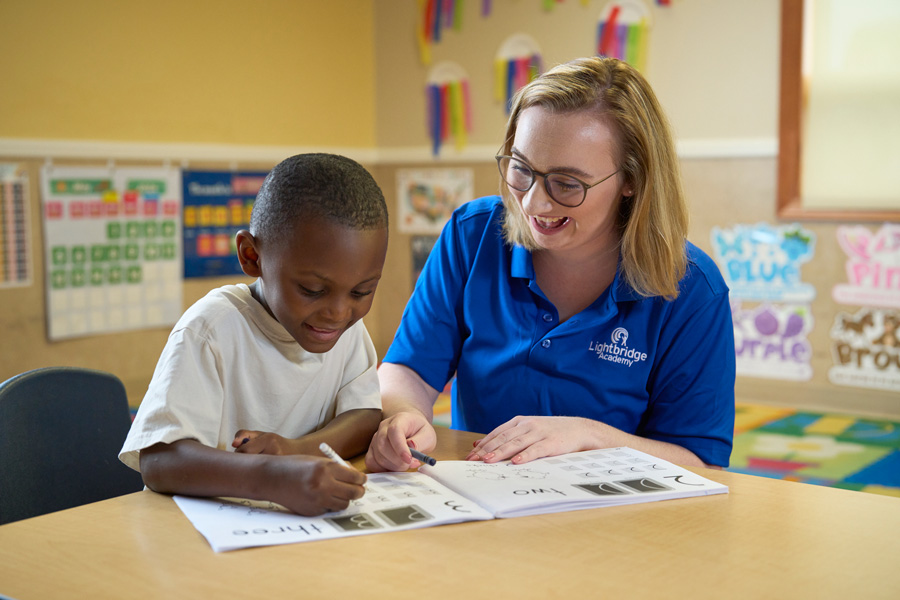Helping our kids become lifelong learners
The questions children come up with can seem endless, and hard to answer while we’re juggling a grocery list or looking for the car keys. But take heart, this natural curiosity plays a pivotal role in their mental and intellectual development. Every answer you provide enriches their world with new layers of knowledge.
By encouraging inquisitiveness, we help children become confident explorers, which is the key to lifelong learning. Here are a few great tips to keep in mind as your child navigates more of the world around them.
- Encourage them, not only to ask questions, but to find their own answers. When they ask “Why can’t I wear my bathing suit to school?” say “You tell me,” and watch their minds fill with (often funny) reasons you hadn’t even thought of yourself.
- Use games to spark curiosity. Children are naturally inquisitive about their belongings, so using age-appropriate educational toys that require some problem solving shows them they can find solutions if they keep trying.
- Set rigid rules when necessary, such as never touching a hot stove, but let them make mistakes as a way of learning lessons and trying alternative approaches. Allow your toddler to feed himself yogurt with a spoon. Sure it will be messy at first, but that hand-eye coordination is just what he’ll need when forks come into play.
- Bright minds get bored with monotony, so use opportunities that surround you – a change in the seasons or weather, flowers blooming outside your door, a plane flying overhead – to spark conversations about every thing from geography to meteorology. With the Internet supplying answers if we’re stumped, you’ll be learning right along with them.
- Finally, be a family of explorers, not couch potatoes. From museums to hiking trails to local farms, keep your brain and body active for a lifetime of learning and growing – together.
In all aspects of life, from work to relationships to the personal challenges we all encounter, it helps to be a seeker of knowledge, information, and smart answers. Fostering this natural curiosity in children will help them be courageous in the face of a challenge, knowing they can solve it with poise.






